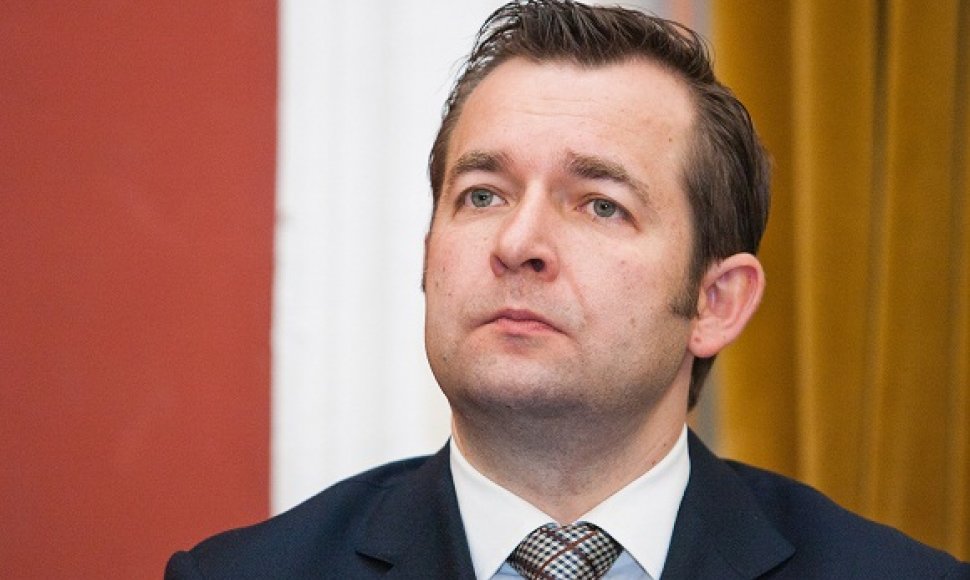The proposition made by Foreign Minister Linas Linkevičius on Friday to recall Lithuania's ambassadors to Hungary and Azerbaijan, Renatas Juška and Artūras Žurauskas, is a compromise, says Ramūnas Vilpišauskas, director of the International Relations and Political Science Institute at Vilnius University.
"Speaking about the proposition the foreign minister made today, it seems to me as a certain compromise, but I do not see a substantiation today. It may not have been presented in public or there may be reasons we are not aware of. From what is known publicly, the decision, in my opinion, can indeed be viewed as a stimulus to continue this type of provocations in the future," Vilpišauskas told BNS on Friday.
In his words, the diagnosis made by Lithuanian leaders that the leak is a provocation is correct, however, the response is exaggerated. Vilpišauskas said the recordings seem edited.
Another political scientist, Tomas Janeliūnas of the International Relations and Political Science Institute, said the response made by the Lithuanian leaders to the leak just compounded the problem.
"I would say that the reaction of our top leaders was not accurate and may have boosted the initial problem, which, as many think, was initiated by forces that are hostile towards Lithuania," Janeliūnas said.
He also said the scandal caused extensive damage to Lithuania's image and the diplomatic service.
"It is my belief, even if there was a need to replace the ambassadors who have lost the confidence of state leaders, it should have been done remotely from the initial provocation point, i.e., maybe they should have been recalled later after the initial story subsided. They should not have shown that the provocation achieved its goal and that the ambassadors are recalled in the wake of the conversation leak," he added.
Foreign Minister Linas Linkevičius suggested that the Foreign Affairs Committee should recall the two ambassadors from their posts. In Linkevičius' words, the diplomats have lost confidence of state leaders and cannot stay on, but should remain in the diplomatic service.












